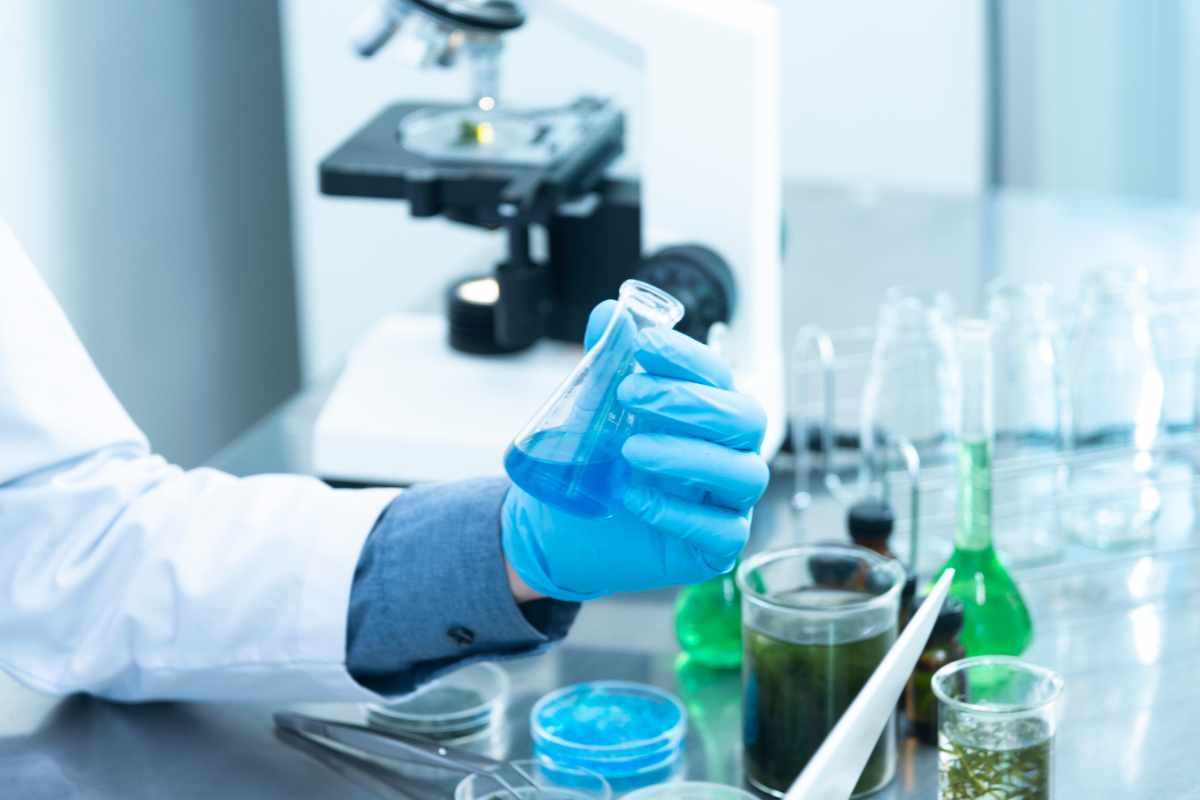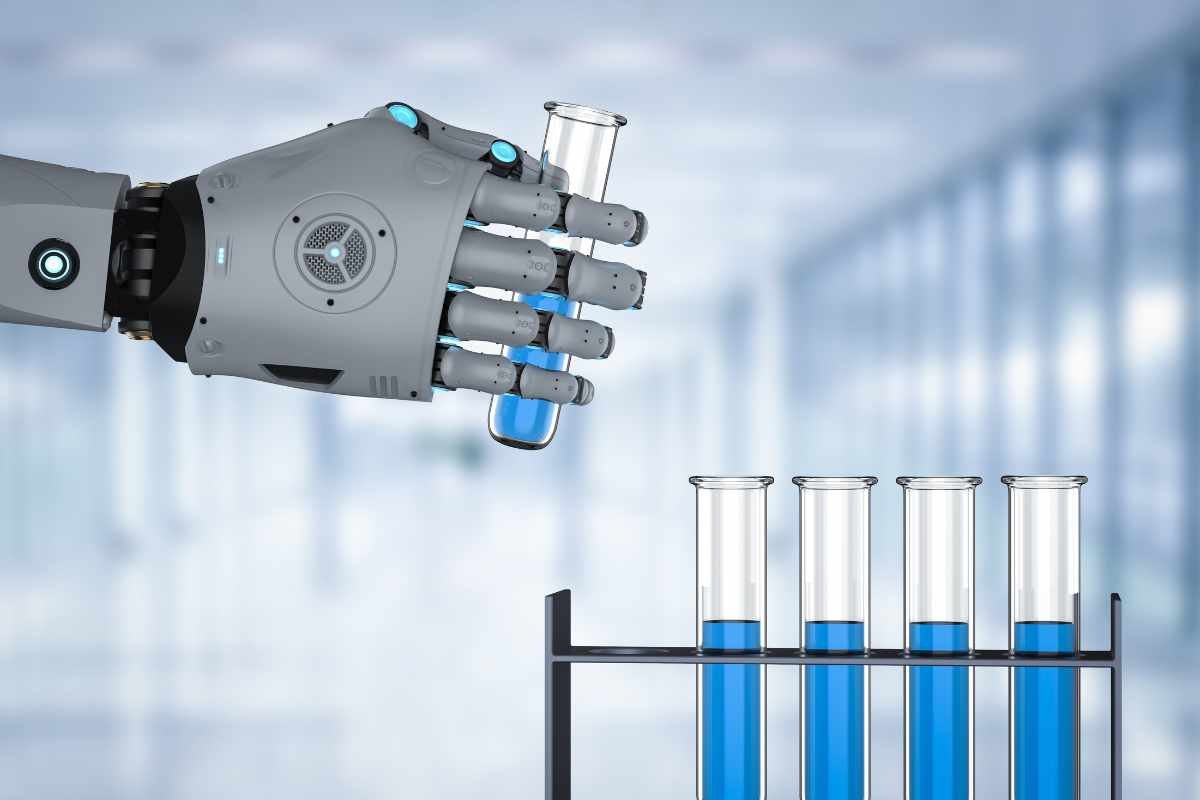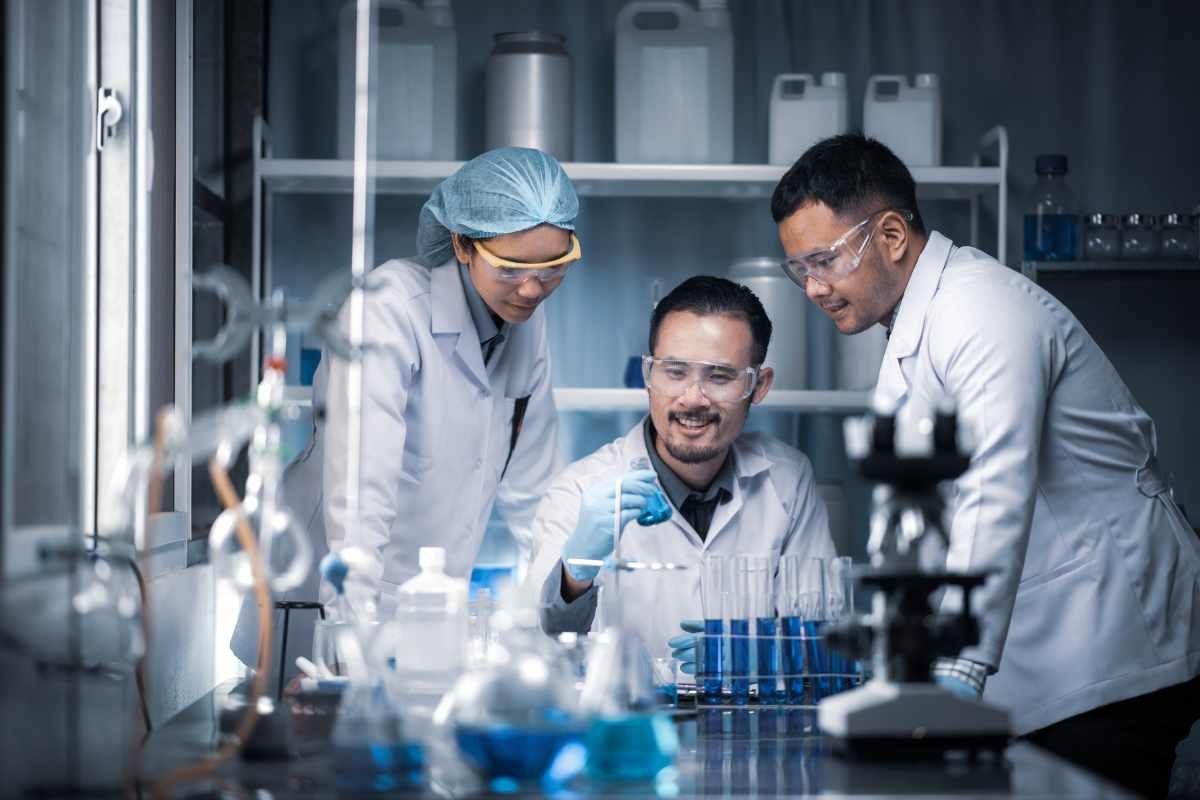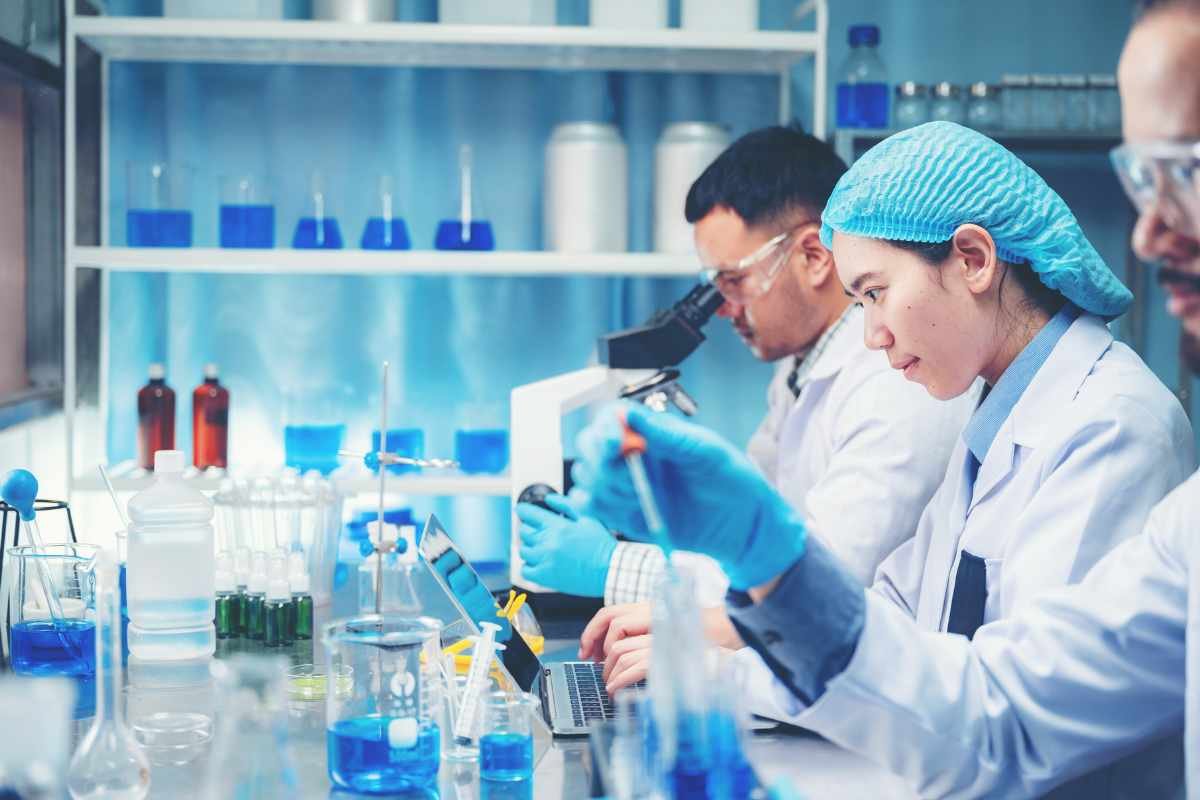Table of Contents
What is Science Laboratory Technology?
Science Laboratory Technology has become a crucial part of scientific research and development. So many developments have helped us in various fields of medicine, technology, environment, and other industrial processes. It tells that the applications developed using this laboratory technology are vast and transformative. Several techniques, instruments, and processes discovered in this field have helped researchers and lab technicians to analyze, experiment, and produce scientific outcomes.
How Has Science Laboratory Technology Helped Shaping the Future?
It has helped in many areas, like the advancements in Medical Science, Environmental Conservation, and Industrial and Manufacturing Applications.
1. Evolution in the field of Medical Science
It has significantly contributed to the field of Medical Sciences. It has helped researchers provide various techniques to doctors and help them diagnose diseases. It has helped to develop new treatments laboratory technicians work with instruments such as DNA sequencers, blood analyzers, and electron microscopes. These tools provide them with accurate results, which in turn helps them to make correct medical decisions.
During Covid-19, this technology has played a vital role in the development of vaccines. Without laboratory technology, saving the world from such crises would not be possible.
2. Environmental Conservation

Environmental laboratories help to monitor the environmental conditions, which helps them to ensure that the ecosystems remain healthy and sustainable. The laboratory technicians analyze the air, soil, and water conditions. This analysis helps them to understand how it can impact human activities and what precautions can be taken.
There are water testing labs present in the Sewage Treatment Plants (STP) or water treatment plants. It helps to detect if there are any harmful chemicals or pathogens present in the drinking water.
3. Industrial and Manufacturing Applications
Science Laboratory technology is very useful in the Industrial and manufacturing sectors. It ensures quality control and improves product development. The technologists who work in this industry use several analytical tools, such as chromatography, mass spectrometry, and microscopy.
Let’s take an example of how it has helped in the pharmaceutical industry. The technologists conduct several tests to ensure that the medicines created meet the safety standards, and then the medicines are released on the market.
Future of Science Laboratory Technology
The future of science laboratory technology will evolve and provide us with more technological advancements to make our lives easier.
Artificial Intelligence and Machine Learning

After integrating AI and ML in laboratory technology, laboratory technologists have discovered new ways of automation, data analysis, and predictive modeling, which help them create innovations.
I. AI technology has helped automate several manual tasks such as data entry, pipetting, or sample analysis. Humans can take a lot of time to complete these tasks.
II. AI-integrated laboratory techniques have helped the biotechnology and manufacturing industries. It helps to monitor the processes and anomalies in real time. These techniques provide lab technologists with exact results once the product development is complete.
1. Data Analysis and Interpretation
A large amount of data is generated in Science Laboratories, from genetic sequences and chemical compositions to experimental results. AI and ML help in analyzing and providing more accurate results by using several techniques like predictive modeling and pattern recognition rather than traditional techniques.
2. The AI-Powered Laboratory
Science Laboratory Technology lies in the continuous integration of AI and ML, leading to the continuous creation of fully autonomous technology.
- Smart Labs: These labs have helped to improve scientific discovery. Future labs will have AI-driven equipped systems that will act as catalysts while conducting experiments.
- AI in Diagnostics: In clinical laboratories, AI-powered technologies provide faster and more accurate diagnosis. The systems integrated with AI help to analyze lab results and medical images to provide correct diagnostic insights. It helps doctors to be more informed and provide treatments to individual patients.
Job Market in Science Laboratory Technology

In the healthcare industry, environmental studies rely on Science Laboratory Technology. It offers a wide number of career opportunities. This section will give you a glimpse of what roles you can find in this field.
- Clinical Laboratory Technician: The technicians require proficiency in diagnosing diseases requiring proficiency, and this role is in growing demand.
- Research and Development Scientist: The R&D scientists design and conduct experiments. To do this, they need to have good analytical skills and experimental design knowledge and should be able to adapt quickly to the advanced equipment.
- Quality Assurance Technician: They ensure product quality and are proficient in laboratory testing and compliance methods.
- Biotechnology Laboratory Technician: The biotech technicians need to have expertise in biology, chemistry, and biochemistry to conduct experiments with the growing demand for biotech.
- Forensic Science Technician: These technicians need a strong knowledge of the legal system. They need good analytical techniques to analyze the evidence and strong forensic techniques knowledge.
- Science Educator Trainer: Science educators/trainers need to be experts with their scientific knowledge. They need to have good communication skills to teach the students complex concepts.
Final Thoughts
In the field of Science Laboratory Technology, there are a wide number of career opportunities. There are different paths to explore whether it might be in the field of healthcare, research, environmental science, or education. As science & technology is evolving, the demand for scientific laboratory technicians is growing.
Staying with the current industry trends, developing relevant skills, and continuously learning new skills will help you build a great career. This field offers dynamic and endless potential growth to those who are interested. By facing the challenges and opportunities one can contribute to the advancement of science and technology.







